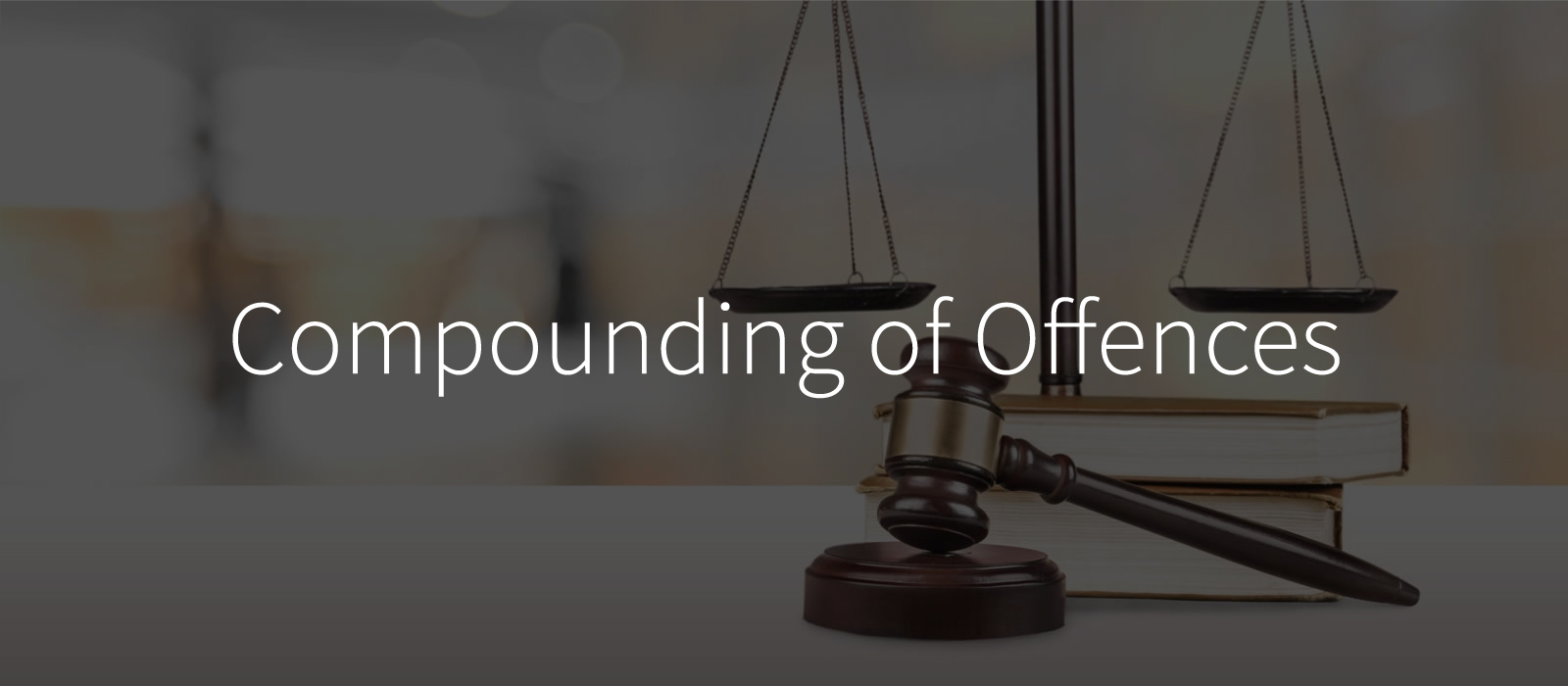
Compoundable offences are those offences where, the parties enter into a compromise and agrees to compound offence which are punishable with imprisonment with fine or punishable with imprisonment with fine or imprisonment.
Non-compoundable offence is those types of offence where no compromise is allowed. These offences are being an offence punishable with imprisonment only, or punishable with imprisonment and also with fine.
These offences considered more serious in nature having more penalty and they are in nature of imprisonment and impact not only the victim, but society at large.
Compounding of offense means to come to a settlement or agreement. In other word, compounding of offence is a process whereby the officers, person or entity committing default and file an application before authority accepting that it has committed an offence and agree to make settlement\ condone.
Any offence punishable under Companies Act 2013 whether committed by a company or any officer thereof may either before or after the institution of any prosecution, be compounded by—
Any offence covered under this sub-section by any company or its officer shall not be compounded if the investigation against such company has been initiated or is pending under this Act.
Offence punishable with imprisonment only or punishable with imprisonment and also with fine will not be compoundable.
An offence committed by a company or its officer within a period of three years from the date on which a similar offence committed by it or him which was compounded under this section, will not be compoundable.
Where any offence is compounded under this section, whether before or after the institution of any prosecution, an intimation thereof shall be given by the company to the Registrar within seven days from the date on which the offence is so compounded.
Where the compounding of any offence is made after the institution of any prosecution, such compounding shall be brought by the Registrar in writing, to the notice of the court in which the prosecution is pending and on such notice of the compounding of the offence being given, the company or its officer in relation to whom the offence is so compounded shall be discharged.
Any officer or other employee of the company who fails to comply with any order shall be punishable with imprisonment for a term which may extend to six months, or with fine not exceeding one lakh rupees, or with both
WMC can help you for compounding of offences. The average time taken to draft and file documents of compounding of offences is about 5 - 8 working days, subject to government processing time and client document submission. Get a free consultation for compounding of offences by scheduling an appointment with a WMC Advisor.